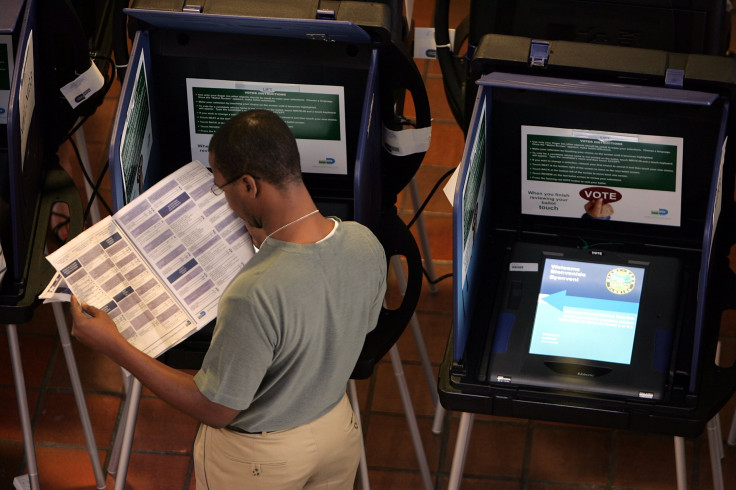North Carolina Allows Bar Code Voting Machines Despite Urging Of Experts Ahead Of 2020 Elections

The North Carolina State Board of Elections decided after a meeting on Friday to certify bar code voting ballots starting in next year’s elections. This 3-2 decision came despite outcry from voters and security experts alike that ballots that cannot be read by the human eye.
According to the Washington Post, nearly two dozen speakers at the meeting urged the Board to vote down these machines. The machines in question, manufactured by Nebraska company Election Systems & Software, convert votes into barcodes, which are read and tallied by machines.
Following the attempts by hackers to access election data in 2016, National Academies of Science, Engineering and Medicine released a study which, in part, urged election organizers to stick with paper ballots. These types of ballots would allow voters to make sure their selections were correct before submitting them and would make recounts more feasible. A report from the Senate Intelligence Committee confirmed that the Russian government targeted election systems in all 50 states in the lead up to the 2016 election.
“The 2020 election is going to be very controversial,” said John Brakey, an election transparency activist. “We need to make it a point to prove to the loser that he really lost. We could get very dangerous in this country. I work hard to prevent that.”
Republican board member Ken Raymond calls anti-barcode activists “inconsistent,” claiming that the technology is accepted when employed for things like keeping track of groceries.
Fellow board member Stella Anderson challenged this assertion, stating that voter confidence is a much graver concern than shopping.
“We have heard voters don’t like this,” Anderson said. “Voters do not trust this, and that’s their judgment to make. Bar codes are not human-readable. The whole purpose of a paper ballot is to be able to recount or audit the voter’s votes in a way independent of any possibly hacked or buggy computers."
© Copyright IBTimes 2024. All rights reserved.





















